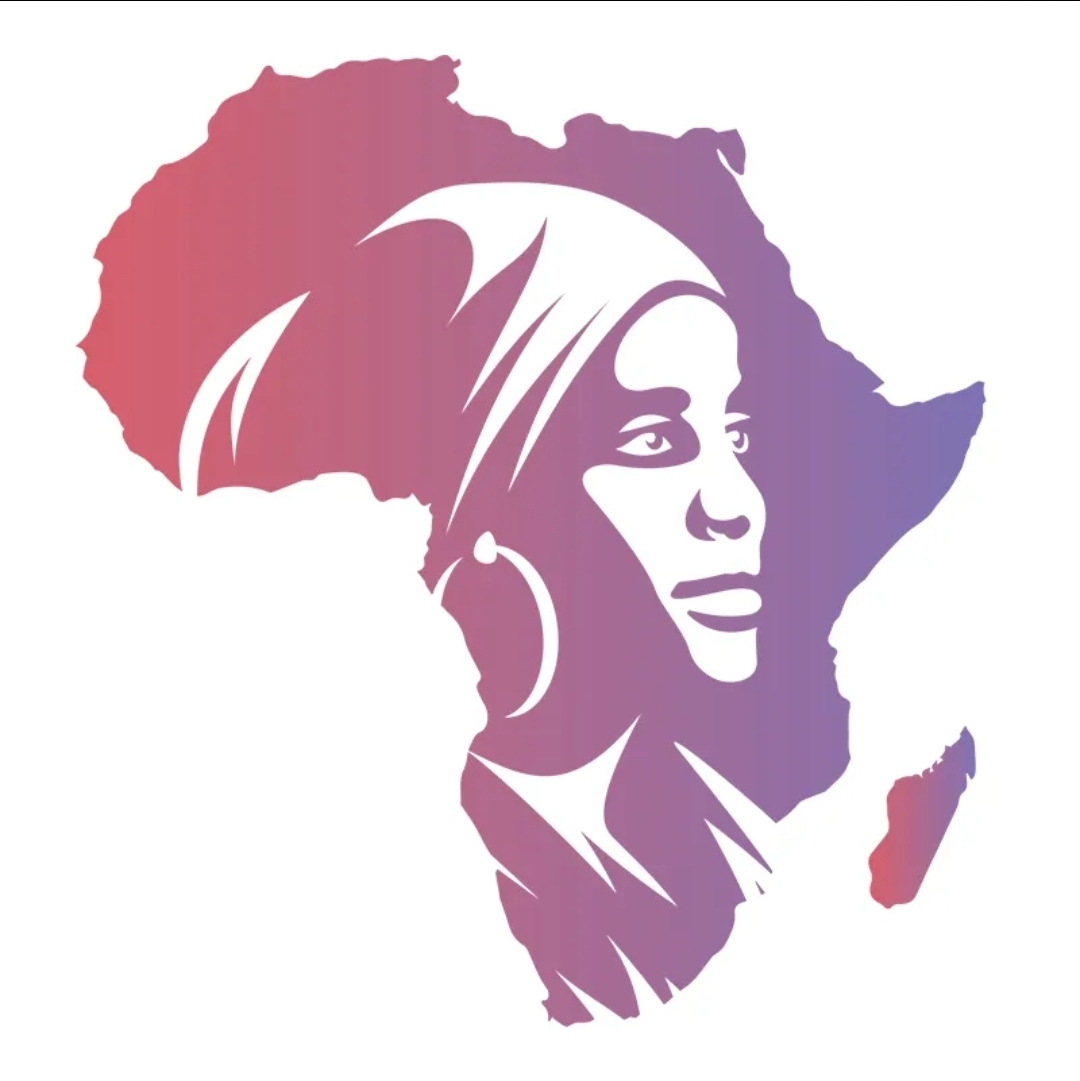The Southern African Development Community (SADC) region, comprising 16 member states in southern Africa, is home to a vibrant and diverse population of women and youth with untapped entrepreneurial potential. Despite the region’s economic opportunities, many women and young entrepreneurs face significant barriers to business participation. These challenges stem largely from inadequate policies that lack sensitivity to gender and youth needs, thereby limiting access to finance, imposing discriminatory regulations, and failing to support skill development. Fragmented policy implementation exacerbates these issues, hindering entrepreneurial growth and innovation.
One of the most critical barriers is the difficulty in accessing financial resources. Traditional lending institutions often view women and youth as higher-risk borrowers. The lack of collateral, combined with a historical bias against women and young entrepreneurs, results in limited access to credit and investment. This financial exclusion stifles the ability of aspiring entrepreneurs to start or expand their businesses.
Many SADC countries have regulations that are not gender-sensitive or youth-inclusive. For instance, business registration processes and regulatory frameworks often do not account for the unique challenges faced by women and young entrepreneurs. Discriminatory practices and bureaucratic red tape can deter these groups from formalizing their businesses or navigating the regulatory environment effectively.
The lack of targeted programs for skill development is another significant barrier. Women and youth entrepreneurs often struggle to find relevant training and mentorship opportunities that cater to their specific needs. The absence of comprehensive skill-building initiatives limits their ability to innovate and compete effectively in the market.
Even where supportive policies exist, their implementation can be fragmented and inconsistent. In many cases, policies are not coordinated across different sectors or levels of government, leading to inefficiencies and a lack of cohesion in supporting entrepreneurs. This fragmentation can result in a patchwork of support that fails to address the systemic issues faced by women and youth in business.
To address these barriers and foster a more inclusive entrepreneurial environment, several mechanisms can be employed. Policymakers should design and implement regulations that specifically address the needs of women and youth entrepreneurs. This includes creating tailored financial products, simplifying business registration processes, and developing incentives that encourage their participation in the business sector.
Financial institutions and governments should collaborate to create innovative financing solutions, such as microloans, grants, and venture capital targeted at women and youth-led businesses. Establishing funds or guarantees that reduce the risk for lenders can also improve access to capital.
Investment in training programs, mentorship opportunities, and incubators that focus on women and youth is crucial. These programs should provide practical skills, business acumen, and networking opportunities to help entrepreneurs grow and thrive.
To avoid fragmented policy implementation, a more integrated approach is needed. Governments should coordinate policies across different sectors and levels to ensure a cohesive support system for entrepreneurs. Engaging with stakeholders, including business associations and civil society, can also enhance policy effectiveness.
Collaboration between public institutions and private sector entities can lead to the development of innovative solutions and supportive ecosystems for entrepreneurs. Public-private partnerships can leverage resources, expertise, and networks to support women and youth in business.
Addressing the barriers faced by women and youth entrepreneurs in the SADC region requires a multifaceted approach that includes developing inclusive policies, enhancing financial access, expanding skill development opportunities, and improving policy coordination. By implementing these mechanisms, the region can unlock the full potential of its entrepreneurial talent, driving sustainable business growth and innovation for women and youth. The commitment to creating an enabling environment for all entrepreneurs will not only benefit individuals but also contribute to broader economic development and prosperity in the SADC region.










